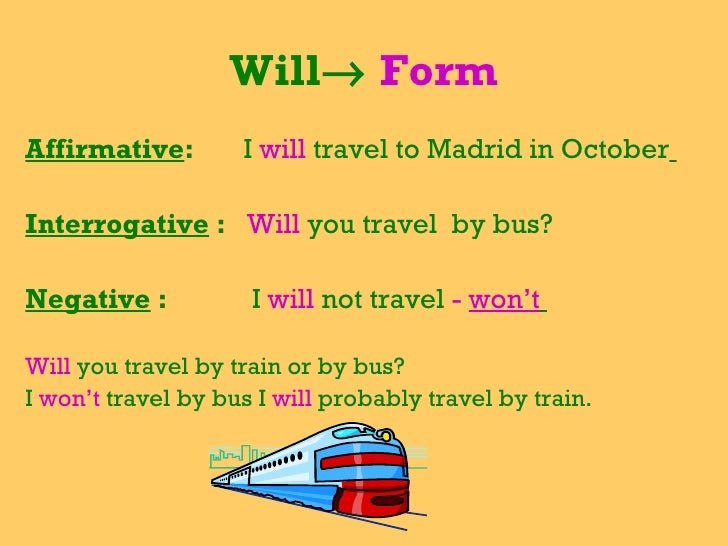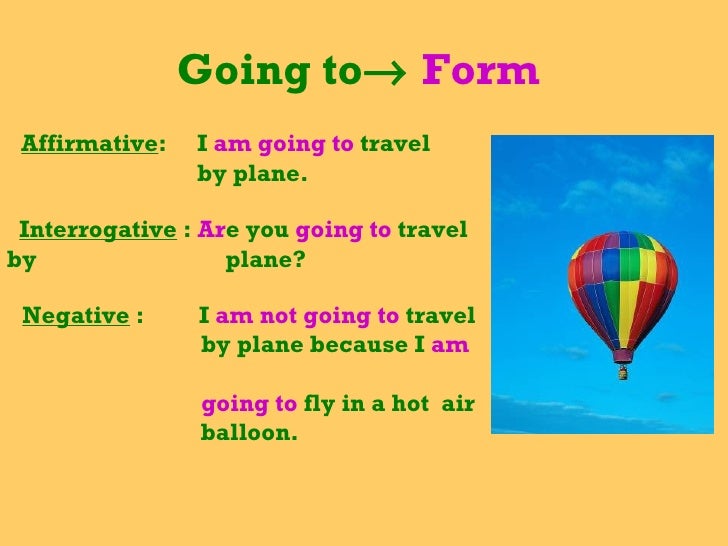"Will and going to".
“Going to” and “will” are used in the English language as the future tense. The future tense has many different ways of being expressed. Different forms include the simple future tense, “going to form, be about to form,” and the future continuous tense, future perfect tense, and future perfect continuous tense.
1.- “Will” and “going to” are both used for the future tense. “Will” is used in the simple future tense where the decision is immediate; whereas the “going to” form is a separate form which is not used for the simple future tense.

2.- “Will” is used to express the future as a fact. It is used to express what we think might happen in the future and when we decide at the time of speaking that something has to be done in the future. Whereas the “going to” form is used for a decision that has been taken before speaking for something which is likely to happen for sure in the future and to express an action at the point of happening.

We use 'will' in the following situations:
1. To talk about plans that we take at the time of speaking
I will have a coffee after the class
2. Predictions in the remote future
The doctor said my father will get better
3. Invitations, requests and offers
Will you come to the theatre with me?
4. In a question tag after an imperative form (not going go)
Close the door, will you?
5. To give an order or express a desire
Will you close the window?
6. Threats
Study harder or you will not pass your final exam
Adverbs that accompany ‘will’: perhaps, probably and certainly
I will probably go on holiday when I finish my degree in September
I will certainly give you a call when I am in Barcelona
Perhaps I will visit my cousin in June

We use 'going to' in the following situations':
1. To talk about future plans that we have decided some time before:
I am going to Sri Lanka next Christmas.
My brother and I are going to start a language course in January.
2. Predictions in the near future that the speaker is quite sure about because there are signs
It is going to rain this afternoon, the sky is grey.
My stomach is hurting, I think I am going to be sick.


No hay comentarios.:
Publicar un comentario